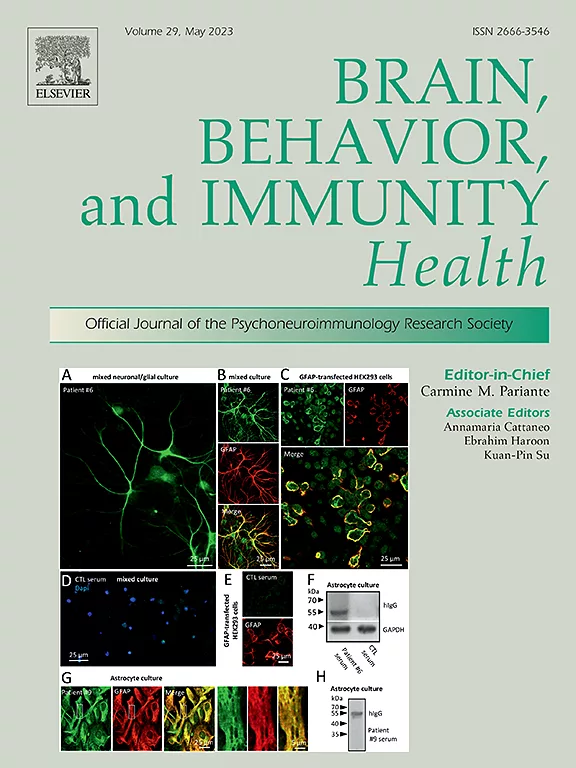
In one of our first collaborations, Dr. Alaedini and his team at Columbia examined ME/CFS blood samples for signs of inflammation. Not finding evidence of inflammatory markers in ME/CFS, he suspected a defect in specific acute-phase immune responses in ME/CFS or lack of the instigating microbes at the time of the blood draw. To test this, he tapped into two different studies that had blood samples. The first were those 2009 blood samples from the SolveCFS BioBank that included 131 ME/CFS samples and 86 healthy control samples. The second were blood samples from a study led by Sanjay Shukla and Dane Cook. This super cool study used an exercise challenge to show that there was an increase in bacterial translocation into the blood and slower clearance from the blood following exercise in ME/CFS patients.

Credit: Healthrising
The result of this impressive collaborative research study is a compelling explanation for what could be causing PEM.
Cort Johnson wrote a fantastic blog about this research – I encourage everyone to read it! If you are keen to dig into the details of the paper, it is published in the open access journal Brain Behavior and Immunity Health and you can download and read it here.
This research was supported with grants to Armin Alaedini and Sanjay Shukla by the National Institute of Allergy and Infectious Diseases, National Institutes of Health, through Grant Number R21AI121996 (A.A.), and the Solve ME/CFS Initiative (A.A. and S.K.S.).

 Lucinda Bateman, MD, is a renowned clinician, researcher, and educator. Her Johns Hopkins University Medical School training instilled an approach to care that she has employed throughout her career - the patient comes first and the unknown or unexplained does not equate to a lack of proper and compassionate care. Since starting her own practice in 2000, she has served on six boards or committees, been the principal investigator for 45 studies, authored/coauthored 40 journal articles, served as adjunct instructor and adjunct assistant professor in the University of Utah Departments of Preventative Medicine, Internal Medicine, and Anesthesiology, and lectured around the world.
Lucinda Bateman, MD, is a renowned clinician, researcher, and educator. Her Johns Hopkins University Medical School training instilled an approach to care that she has employed throughout her career - the patient comes first and the unknown or unexplained does not equate to a lack of proper and compassionate care. Since starting her own practice in 2000, she has served on six boards or committees, been the principal investigator for 45 studies, authored/coauthored 40 journal articles, served as adjunct instructor and adjunct assistant professor in the University of Utah Departments of Preventative Medicine, Internal Medicine, and Anesthesiology, and lectured around the world.